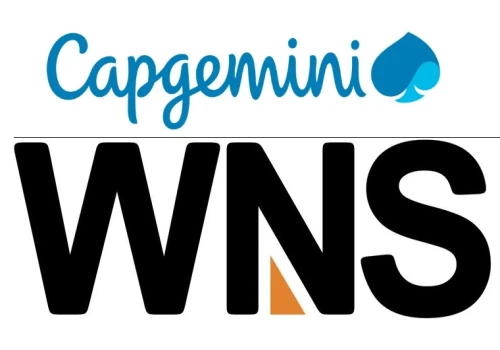_2100_x_1470.webp)
Microsoft recently revealed a serious data breach orchestrated by a Russian hacking group known as Nobelium, also referred to as "Midnight Blizzard." In a blog post, the company acknowledged the gravity of the situation, highlighting unauthorized access to certain source code repositories and internal systems. While Microsoft assures there's no evidence of compromised customer data, this incident raises concerns about the potential impact and the evolving tactics of cybercriminals.
Beyond Email Infiltration: A Multifaceted Attack
The breach went beyond initial email infiltration. By exploiting a vulnerability, Nobelium gained access through a non-production test tenant account lacking two-factor authentication. This security lapse highlights the importance of robust access controls across all systems, even non-production environments.
Although the extent of the compromised source code remains undisclosed, Microsoft emphasizes the ongoing risk. The stolen information could be used in future attacks, prompting the company to actively engage with potentially affected customers and implement necessary security measures.
Heightened Security Measures and Ongoing Investigations
Microsoft has responded swiftly by bolstering its security posture. This includes increased security investments, enhanced cross-enterprise coordination, and improved defensive capabilities. They aim to "secure and harden our environment" against advanced persistent threats like Nobelium.
This incident follows recent pledges by Microsoft to strengthen software security after a series of high-profile breaches. These include a major vulnerability in Microsoft Exchange Server that compromised email servers of 30,000 organizations last year, and a separate incident where Chinese hackers exploited a Microsoft cloud vulnerability to breach US government emails.
Microsoft is actively investigating Nobelium's activities, acknowledging that "findings of our investigations will continue to evolve." Transparency regarding the ongoing investigation and the potential impact on customers will be crucial in the coming days.
Decoding the Attack: Techniques and Implications
The use of a password spray attack, a brute-force method that tries a multitude of passwords, indicates a well-rehearsed strategy by Nobelium. This emphasizes the importance of strong password policies and the need for multi-factor authentication across all accounts.
The breach of a non-production test account highlights a potential blind spot in security practices. Organizations must ensure robust security measures are implemented across all systems, including test environments, to prevent them from becoming entry points for attackers.
Looking Ahead: The Evolving Threat Landscape and Protecting Against Cyberattacks
This incident underscores the ever-evolving threat landscape and the relentless pursuit of sensitive data by cybercriminals. Here's what we can learn:
- Prioritizing Security: Cybersecurity should be a top priority for all organizations, regardless of size or industry. Continuous investment in security technologies, personnel, and training is essential.
- Multi-Layered Defense: A layered security approach is crucial. This includes strong password policies, multi-factor authentication, regular security assessments, and vulnerability patching.
- Staying Vigilant: Organizations and individuals must remain vigilant. Regularly update software, be cautious about suspicious emails and links, and report any potential security incidents promptly.
Microsoft's data breach serves as a stark reminder of the evolving cybersecurity landscape. By prioritizing robust security measures, staying informed about emerging threats, and fostering a culture of cyber awareness, organizations and individuals can take proactive steps to defend against cyberattacks.











